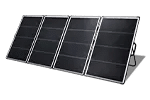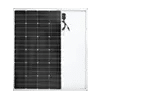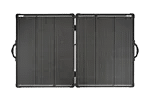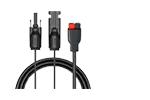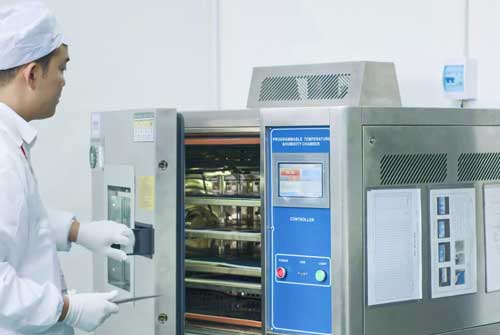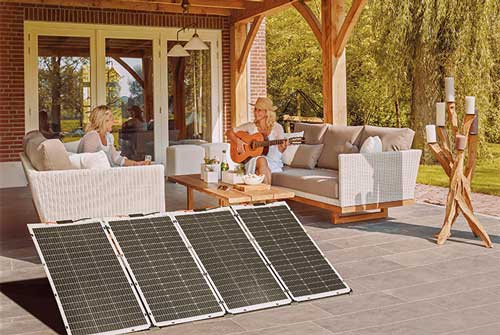Marine solar panels have gained significant popularity among boaters as a cost-effective and sustainable solution for onboard power generation. With the rising demand for clean energy alternatives, understanding the cost-effectiveness of marine solar panels becomes crucial for boat owners.
Initial Investment
One of the primary considerations when evaluating the cost-effectiveness of marine solar panels is the initial investment. The cost of marine solar panels varies based on factors such as panel size, quality, brand, and installation requirements. While the upfront cost may seem significant, it’s important to view it as a long-term investment that yields returns over time.
When assessing the initial investment, consider the quality and efficiency of the panels. High-quality marine solar panels with advanced technology may have a higher price tag but offer better performance and durability. Investing in reliable panels ensures long-term cost-effectiveness by reducing the need for frequent replacements or repairs.
Maintenance Costs
Marine solar panels are known for their low maintenance requirements, which contribute to their cost-effectiveness. Unlike traditional power systems that rely on fossil fuels, solar panels have minimal moving parts and don’t require frequent servicing. Routine maintenance involves simple tasks such as cleaning the panels to remove dirt and debris, inspecting wiring connections, and ensuring proper waterproofing.
Additionally, the robust construction of marine solar panels allows them to withstand harsh marine environments, reducing the risk of damage and maintenance costs. However, it’s essential to budget for occasional inspections and potential repairs to address any issues that may arise.
Potential Savings
One of the key factors contributing to the cost-effectiveness of marine solar panels is the potential savings they offer over time. By generating clean and free energy from the sun, solar panels reduce or eliminate the need to rely solely on traditional power sources such as generators or shore power.
The savings come from reduced fuel consumption and lower electricity bills. Solar panels help offset the power requirements of onboard appliances, lighting, navigation systems, and other electrical devices, resulting in reduced reliance on fossil fuels and lower operating costs. The exact savings depend on factors such as the size of the solar panel system, energy consumption, sunlight availability, and the boat’s usage patterns.
Moreover, some boaters may have the opportunity to participate in net metering programs, allowing excess energy produced by the solar panels to be fed back into the grid. This can result in energy credits or reduced electricity bills, further enhancing the cost-effectiveness of the system.
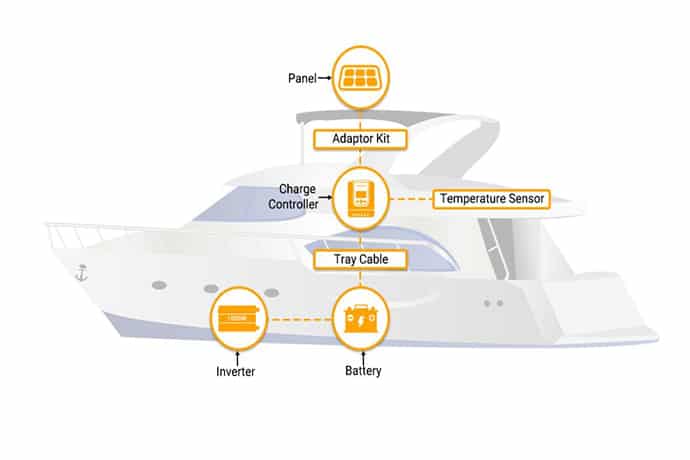
Factors Influencing Cost-Effectiveness
Several factors influence the cost-effectiveness of marine solar panels. Understanding these factors can help boaters make informed decisions about their investment. Here are some key considerations:
4.1. Sunlight Availability: The amount of sunlight your boat receives plays a significant role in the efficiency and energy production of solar panels. Regions with abundant sunshine and longer daylight hours offer better solar potential, maximizing the cost-effectiveness of the panels.
4.2. Energy Consumption: Assess your boat’s energy needs to determine the size and capacity of the solar panel system required. Consider the appliances, electronics, and systems that will be powered by solar energy. A thorough understanding of your energy consumption will ensure that solar panels can meet your power demands effectively.
4.3. Battery Capacity: The capacity and condition of your boat’s battery bank are crucial for storing and utilizing the energy generated by solar panels. Insufficient battery capacity can limit the effectiveness of the system and may require additional investment in battery upgrades.
4.4. Panel Efficiency: The efficiency of solar panels determines their ability to convert sunlight into electricity. Higher-efficiency panels generate more power, which can impact the cost-effectiveness of the system. Consider investing in panels with optimal efficiency ratings for maximum energy production.
4.5. Lifespan and Warranty: Evaluate the lifespan and warranty of the solar panels to gauge their long-term cost-effectiveness. Panels with longer lifespans and comprehensive warranties provide peace of mind and can yield greater returns on investment over their operational lifetime.
4.6. Installation Quality: Proper installation is essential for the optimal performance and longevity of marine solar panels. Ensure the panels are installed by experienced professionals who adhere to industry best practices. A well-installed system minimizes the risk of issues, maximizing the cost-effectiveness of the panels.
Conclusion
Marine solar panels offer boaters a cost-effective and sustainable solution for onboard power generation. By carefully considering the initial investment, maintenance costs, potential savings, and environmental impact, boaters can make informed decisions about integrating solar panels into their vessels. The long-term benefits of reduced fuel consumption, lower electricity bills, and a smaller carbon footprint make marine solar panels a wise investment.
Article from: https://www.sungoldsolar.com/
Your most sincere solar partner – Sungold



